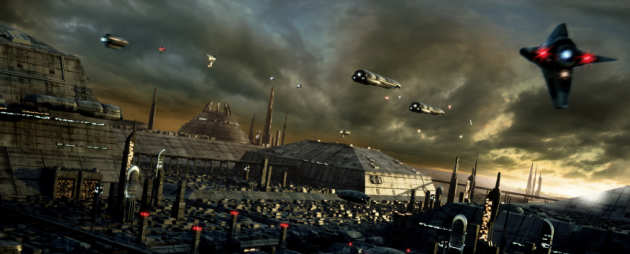Module details
- Offered to 1st years
- Tuesdays 16.00-18.00
- 8 weeks (spring term only)
- Planned delivery: On-campus (South Kensington)
- Non-credit only
Science fiction has become a discipline for serious academic study. Its ability to address complex questions about the relationship between science and humanity is particularly pertinent as culture becomes increasingly enthralled by technology.
Focusing on Science fiction’s development throughout the twentieth and into the twenty-first century, this module will take you through a representative sample of science fiction (novels, short stories, drama and film), looking at the different themes, techniques and sub-genres, examining their wider contexts and deeper meanings.
Information blocks
Learning outcomes
Indicative core content
Learning and teaching approach
Assessment
Key information
"The course has been fantastic. I enjoy exploring the sub-genres of science fiction."
Got any questions?
Contact the lecturer
Dr Matthew Wraith
m.wraith@imperial.ac.uk


